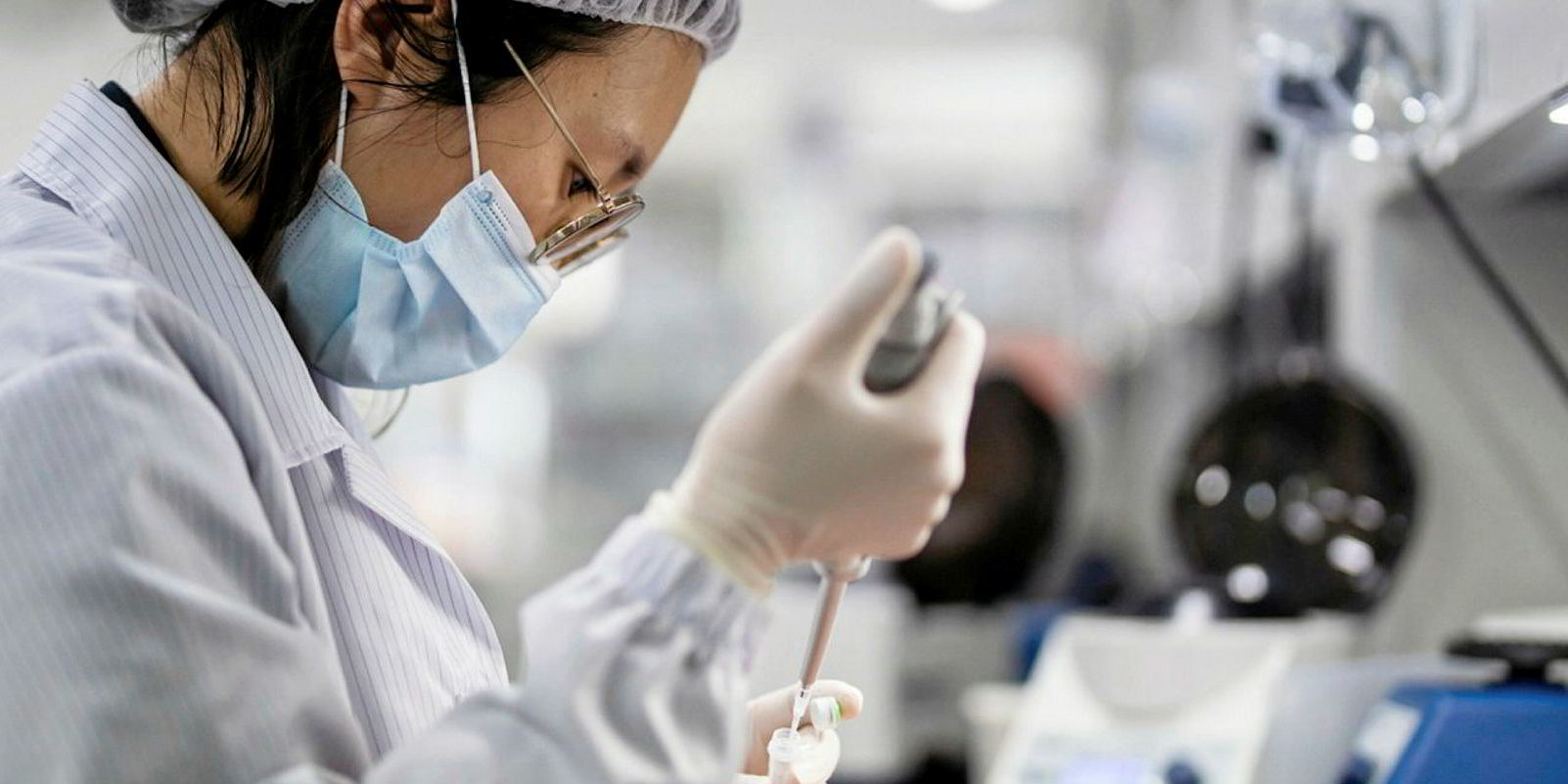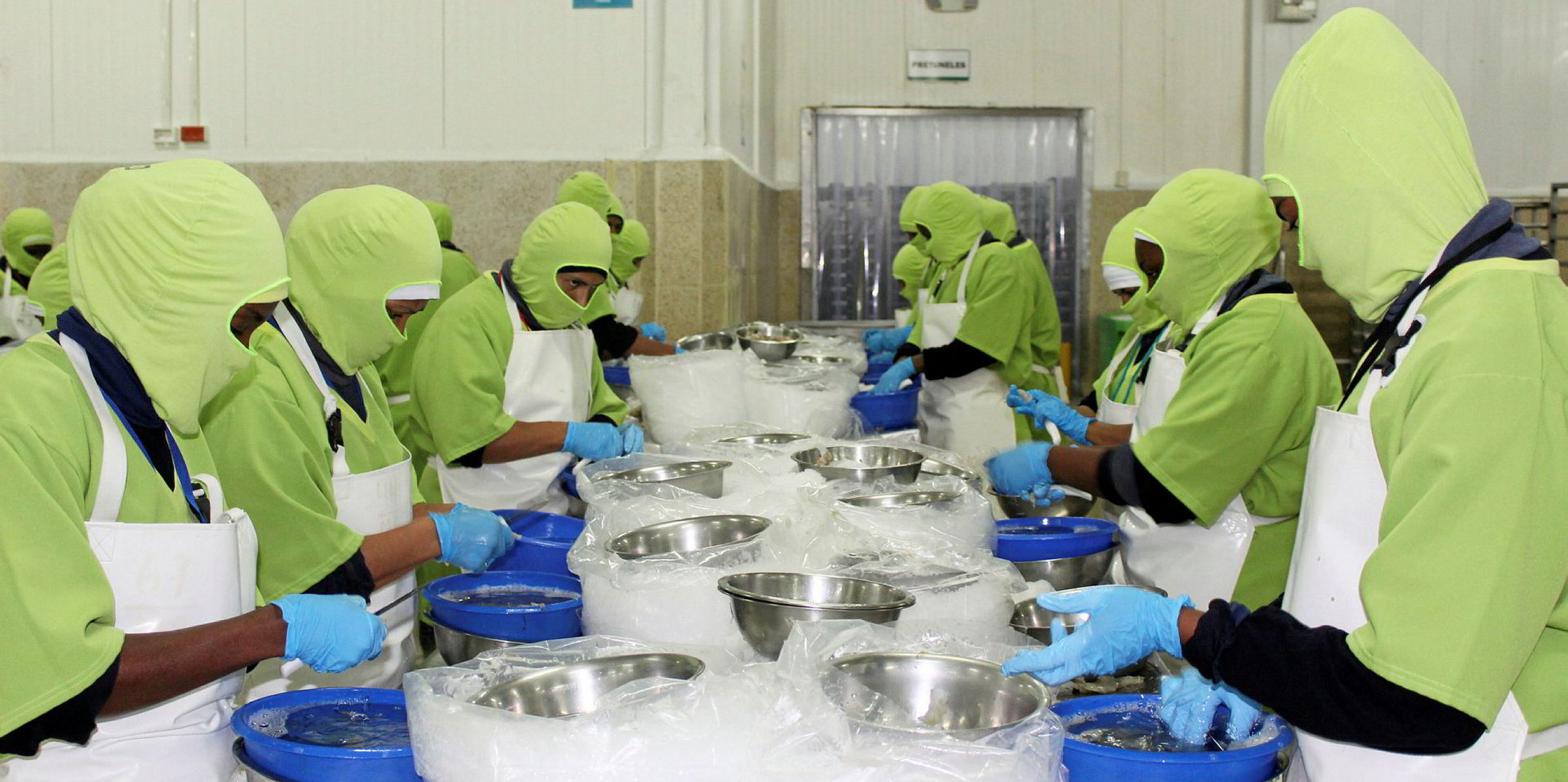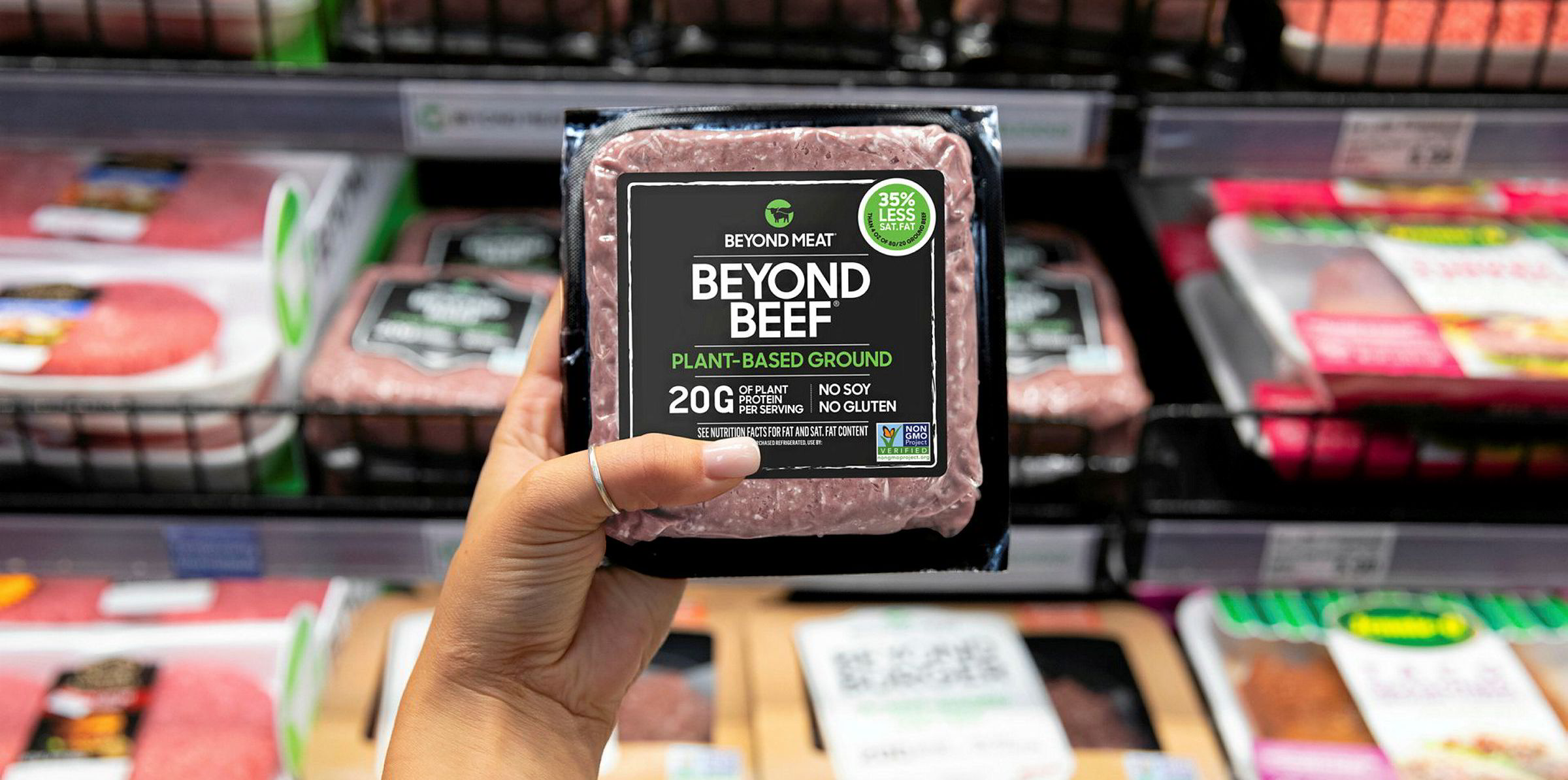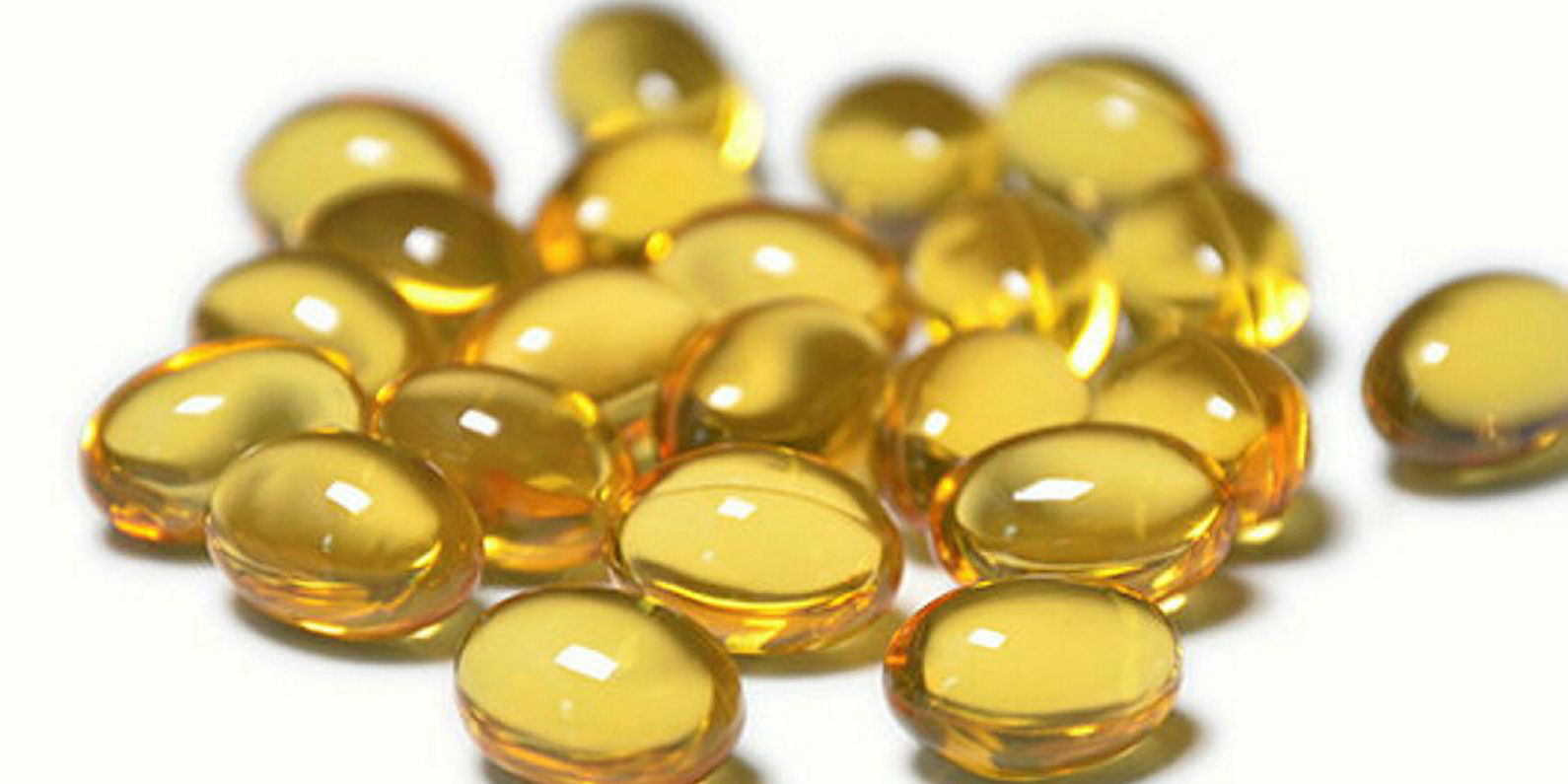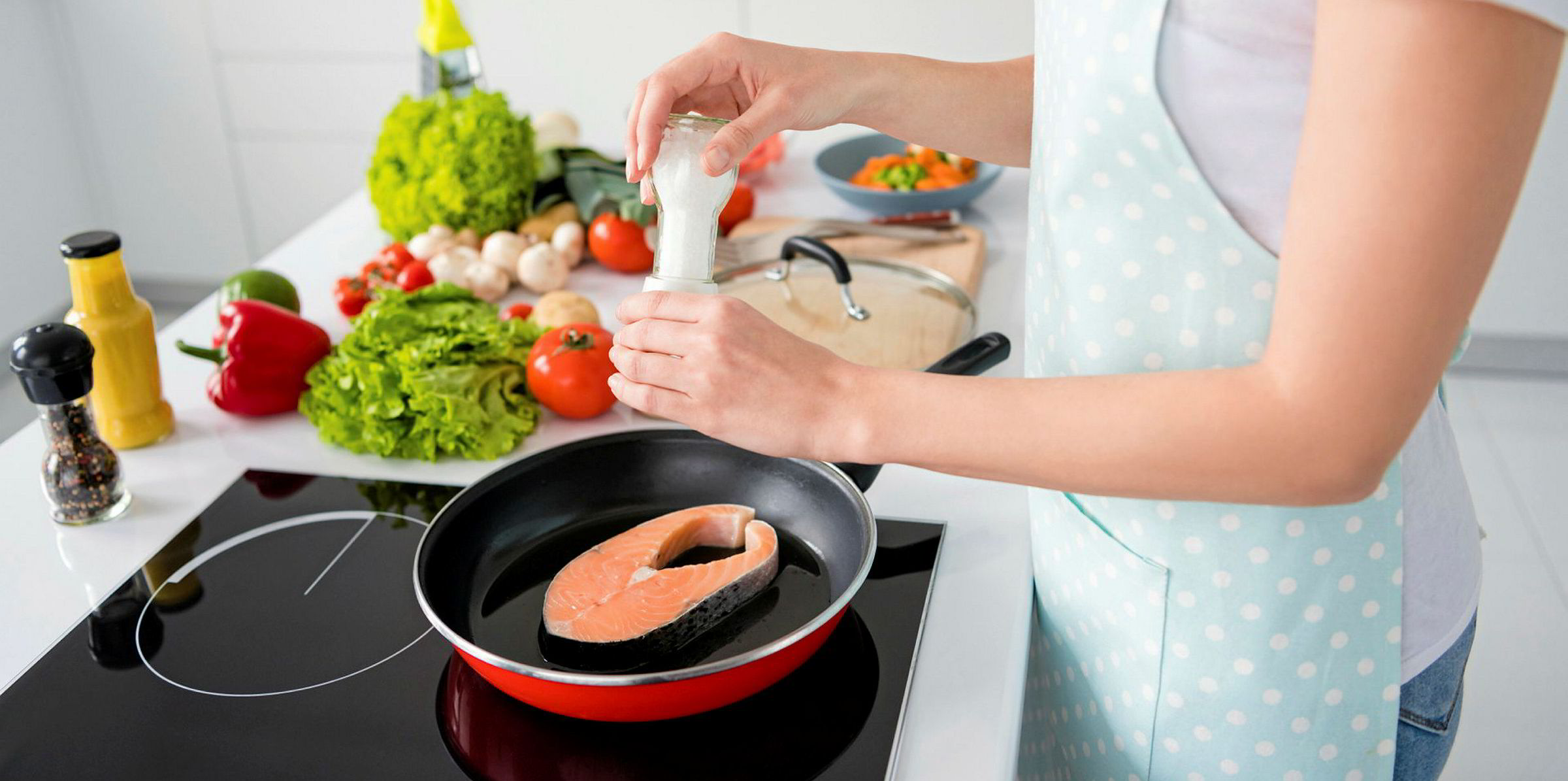Projects around the global are racing to produce successful preventative methods or treatments for COVID-19 as pharmaceutical giants spurred on by governments push to develop a vaccine to the virus which has claimed nearly 790,000 lives worldwide and disrupted economies around the world. Among those potential treatments are omega-3s, which have shown promise as a therapeutic in past studies.
The Global Organization for EPA and DHA (GOED) said it is aware of 14 clinical trials currently underway studying the use of EPA and DHA oils.
In a study conducted by the two firms, pills are being given to patients that have contracted coronavirus, with the aim of minimizing symptoms to reduce the risk of complications progressing to serious outcomes such as the need for artificial ventilation.
Results of clinical trials may be available by the end of next month, a spokesperson on the project told IntraFish recently.
Norwegian biotech firm Hofseth BioCare, meanwhile, has moved to Phase 2 clinical trials to evaluate the ability of its OmeGo salmon oil to reduce Acute Respiratory Distress Syndrome (ARDS) related to COVID-19.
The treatment focuses on former smokers and steroid-resistant asthma patients showing lung injuries caused by COVID-19.
Omega-3 wound care product manufacturer Kerecis and the National Hospital of Iceland are collaborating to probe the effectiveness of Kerecis’ Omega3 Viruxide system on COVID-19 patients.
Unapproved use of an approved drug is frequently termed “off-label” use. This can mean that the drug is used for a disease or medical condition that it is not approved to treat, such as when a chemotherapy is approved to treat one type of cancer, but healthcare providers use it to treat a different type of cancer.
Doctors in Italy are already using the product in an off-label manner, spraying it into oral and nasal cavities of patients believed to have early onset COVID-19.
Japanese-owned, California-based Pharmavite plans to supply supplements to the Icahn School of Medicine at Mount Sinai in New York to determine whether EPA and DHA have an effect on sense of smell loss in COVID-19 patients.
Amarin and Kaiser Permanente's MITIGATE COVID-19 trial is studying the effects of Vascepa on COVID-19 and other viral upper respiratory infection (URI)-related morbidity and mortality in a high-risk group of adults suffering from atherosclerotic cardiovascular disease (ASCVD).
Amarin is also carrying out a trial backed by the Canadian Medical and Surgical Knowledge Translation Research Group on the effects of twice daily doses of Vascepa on key inflammatory markers in COVID-19 patients.
Tests by Harvard University, the Cardiovascular Institute of Rosario and Argentina's Latin American Clinical Studies are aimed at examining whether eight grams daily of EPA will reduce the risk of COVID-19 by 30 percent in 1,500 Argentine healthcare workers under the PREPARE-IT trial program.
The Middle East region is seeing its fair share of trialing events.
In Jordan, the country's' Applied Science Private University is testing whether 300 mg/day of EPA and DHA given to uninfected test subjects for two months will significantly affect their interleukin levels compared to the control group.
At the same time, Sabzevar University of Medical Sciences in Iran is examining whether omega-3 supplementation improves inflammatory and biochemical markers on critically ill COVID-19 patients.
This comes as King Saud University in Saudi Arabia investigates the effects of Abbott's Oxepa supplement, which includes EPA, on the disease.
Crossing to the northeast of Brazil, Bahia State University is studying the effects of a daily supplement with L-arginine, nucleotides and omega-3s on the inflammatory response of COVID-19 patients.
Scientists at Sweden’s Karolinska University Hospital are looking into whether supplementation with intravenous fish oil emulsion Omegaven can resolve inflammatory storms in COVID-19 patients.
Groupe Hospitalier Paris Saint Joseph is studying whether eicosanoid levels measured at different stages of COVID-19 infection can provide a prognosis for the disease.
Further south and into Spain researchers at Vall Hebron University in Barcelona are trying to discover whether parenteral fish oil is effective in reducing liver impairment in COVID-19 patients.
Despite these prospective prevention and treatments, GOED previously said science does not support the claim that consuming omega-3 rich products will boost immunity against coronavirus.
